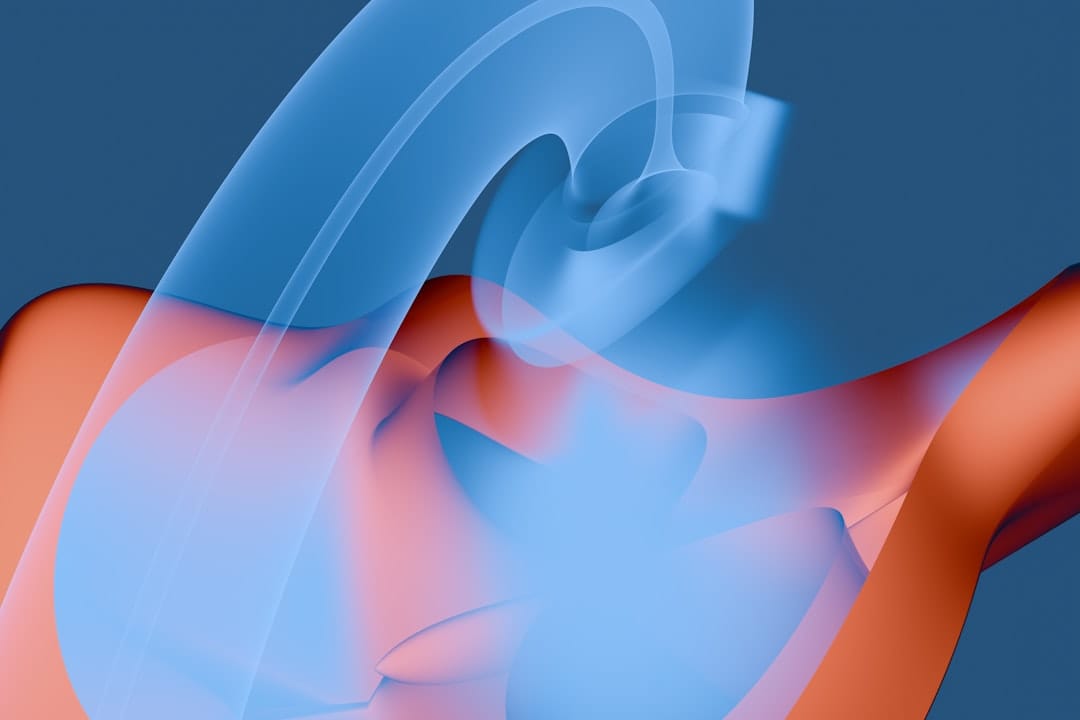Understanding the Causes and Triggers of Atrial Fibrillation Attacks
Atrial fibrillation (AFib) is a prevalent cardiac arrhythmia characterized by an irregular heart rhythm originating in the atria, the heart's upper chambers. This condition can manifest through symptoms such as fatigue, heart palpitations, trouble breathing, dizziness, and chest pain. While AFib…

Understanding Atrial Fibrillation
Atrial fibrillation is the most common type of cardiac arrhythmia. It is classified into three types: paroxysmal, persistent, and permanent. Paroxysmal AFib occurs intermittently and may resolve on its own, while persistent AFib lasts more than seven days and may require medical intervention. Permanent AFib is ongoing and typically requires long-term management strategies. An electrocardiogram (ECG/EKG) is a diagnostic tool used to detect the irregular heart rhythm associated with AFib.
Risk Factors for AFib
Several risk factors contribute to the development of atrial fibrillation. Advanced age is a significant risk factor, as the likelihood of developing AFib increases with age. High blood pressure is another critical factor, as it can lead to changes in the heart's structure and function, promoting the onset of AFib. Coronary artery disease, characterized by narrowed or blocked coronary arteries, can also increase the risk. Additionally, obesity is linked to AFib due to its association with other cardiovascular risk factors.
Triggers of Atrial Fibrillation
Various triggers can provoke an AFib episode. Stress is a common trigger, as it can lead to increased heart rate and blood pressure, potentially initiating an irregular heart rhythm. Excessive alcohol consumption is another trigger, as it can affect the electrical signals in the heart. Caffeine intake, particularly in large amounts, may also contribute to AFib episodes. Certain medications, especially those affecting heart rhythm, can trigger or exacerbate AFib.
Symptoms and Complications
The symptoms of atrial fibrillation can vary in severity and may include fatigue, heart palpitations, trouble breathing, dizziness, and chest pain. While AFib itself does not cause heart attacks, the chest pain associated with it can mimic heart attack symptoms due to reduced blood flow. One of the most serious complications of AFib is an increased risk of stroke. This occurs because the irregular heart rhythm can lead to blood pooling in the atria, forming clots that may travel to the brain.
Diagnosis and Treatment
Diagnosing AFib typically involves an electrocardiogram (ECG/EKG), which can reveal the irregular heart rhythm. Once diagnosed, treatment options may include medications to control heart rate and rhythm, as well as anticoagulants to reduce stroke risk. Lifestyle changes, such as reducing alcohol and caffeine intake, managing stress, and maintaining a healthy weight, are also recommended. In some cases, procedures like ablation, which targets the heart tissue causing the irregular rhythm, may be necessary.
Conclusion
Atrial fibrillation is a complex condition with various causes and triggers. Understanding these factors is essential for effective management and prevention of complications. By addressing risk factors and triggers, individuals with AFib can reduce their symptoms and improve their quality of life. Regular monitoring and appropriate treatment are key to managing this common cardiac arrhythmia.
FAQs
**What are the main risk factors for atrial fibrillation?**
Advanced age, high blood pressure, coronary artery disease, and obesity are significant risk factors for developing atrial fibrillation.
**Can lifestyle changes help manage AFib?**
Yes, lifestyle changes such as reducing alcohol and caffeine intake, managing stress, and maintaining a healthy weight can help manage AFib symptoms and reduce the risk of complications.
**Is atrial fibrillation the same as a heart attack?**
No, atrial fibrillation is not the same as a heart attack. While AFib can cause chest pain similar to a heart attack, it does not cause heart attacks but can lead to other serious complications like stroke.
References
https://www.mayoclinic.org/diseases-conditions/atrial-fibrillation/symptoms-causes/syc-20350624
https://www.michiganmedicine.org/health-lab/7-common-afib-triggers-may-surprise-you
https://www.nhs.uk/conditions/atrial-fibrillation/
https://my.clevelandclinic.org/health/diseases/16765-atrial-fibrillation-afib
https://www.heartandstroke.ca/heart-disease/conditions/atrial-fibrillation
https://www.ncbi.nlm.nih.gov/books/NBK526072/
https://www.nhlbi.nih.gov/health/atrial-fibrillation/causes
https://www.webmd.com/heart-disease/atrial-fibrillation/causes-risks-triggers-afib
https://newsnetwork.mayoclinic.org/discussion/atrial-fibrillation-wont-cause-heart-attack-but-can-lead-to-other-serious-complications/
https://www.heart.org/en/health-topics/atrial-fibrillation/what-are-the-symptoms-of-atrial-fibrillation